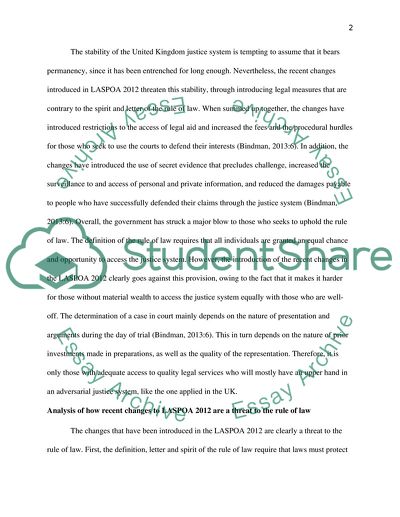Cite this document
(“Legal Aid Essay Example | Topics and Well Written Essays - 1500 words”, n.d.)
Retrieved from https://studentshare.org/law/1686887-legal-aid
Retrieved from https://studentshare.org/law/1686887-legal-aid
(Legal Aid Essay Example | Topics and Well Written Essays - 1500 Words)
https://studentshare.org/law/1686887-legal-aid.
https://studentshare.org/law/1686887-legal-aid.
“Legal Aid Essay Example | Topics and Well Written Essays - 1500 Words”, n.d. https://studentshare.org/law/1686887-legal-aid.


